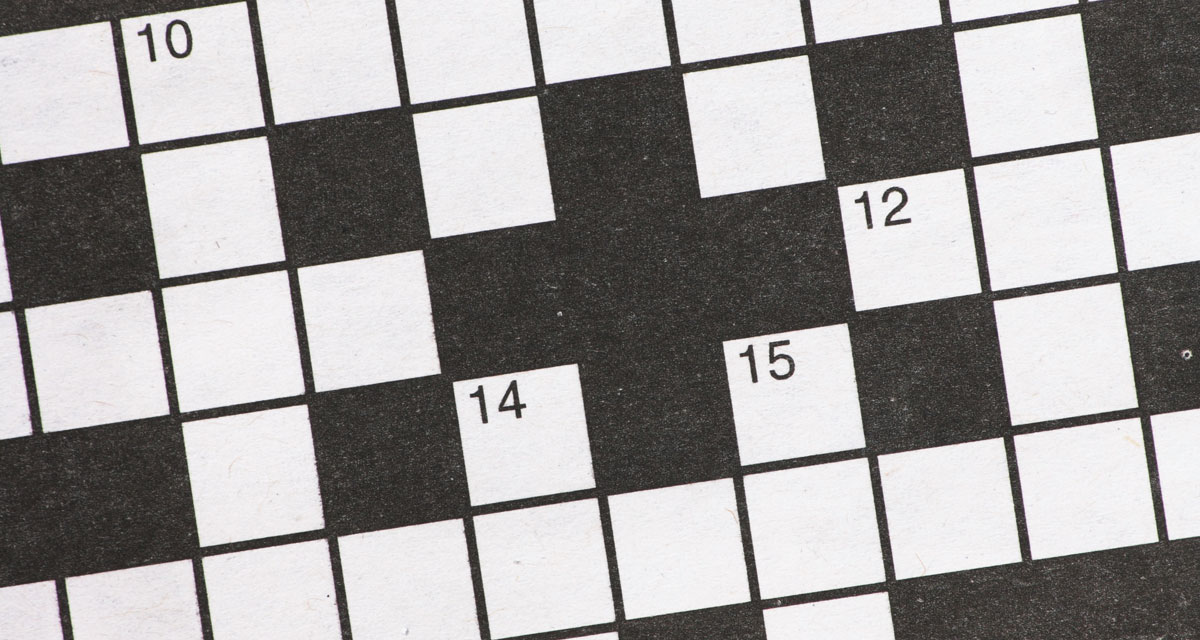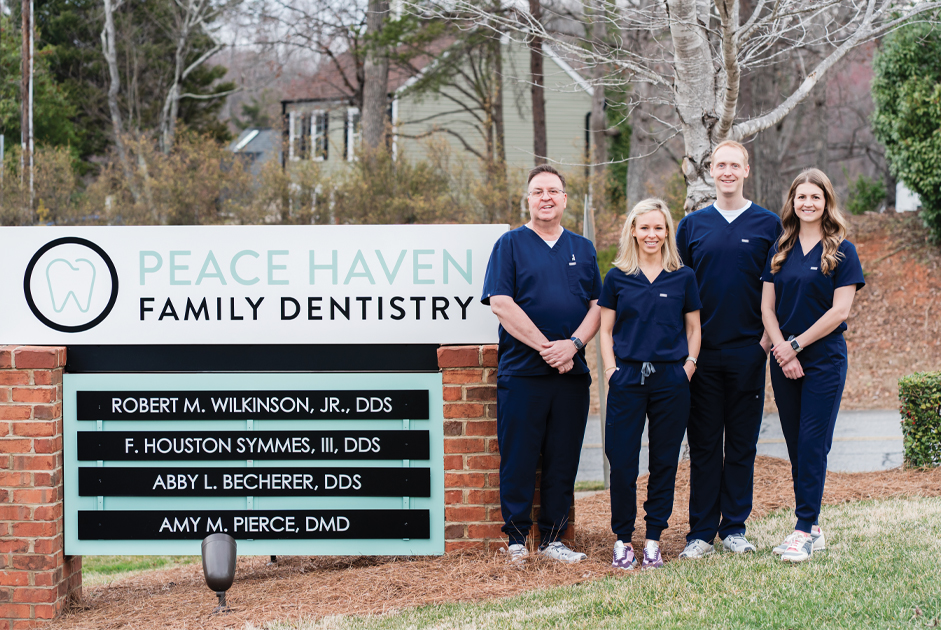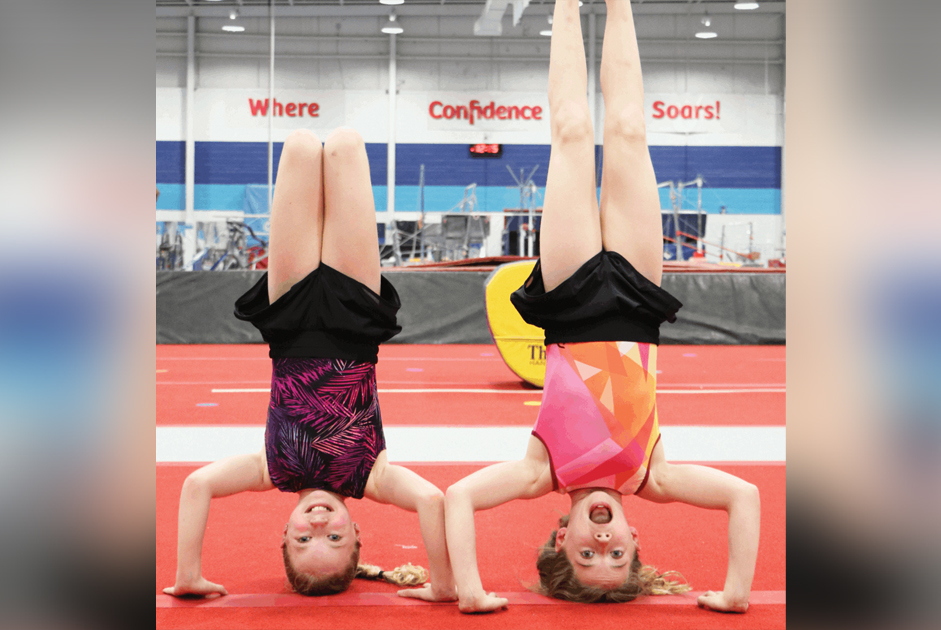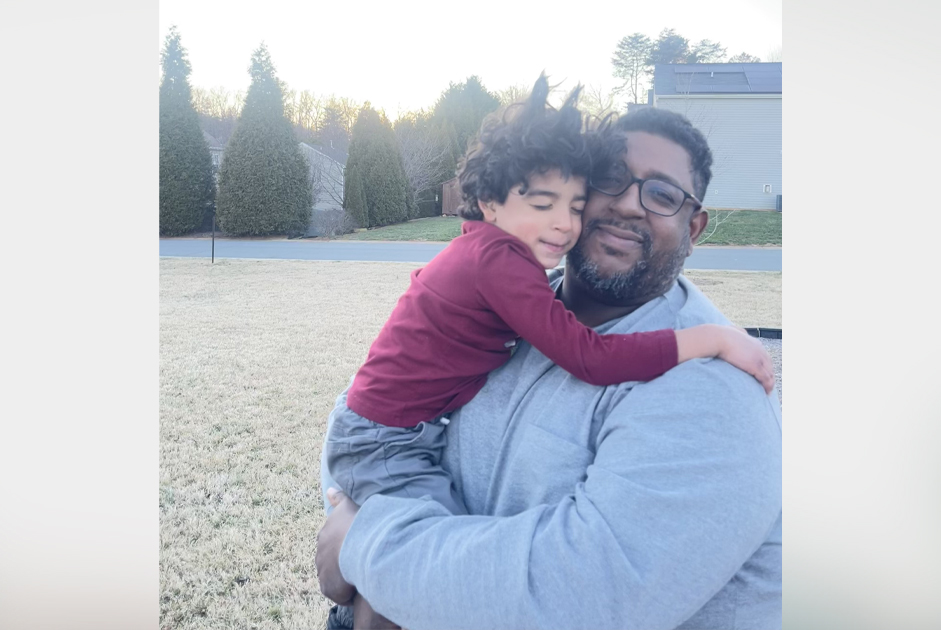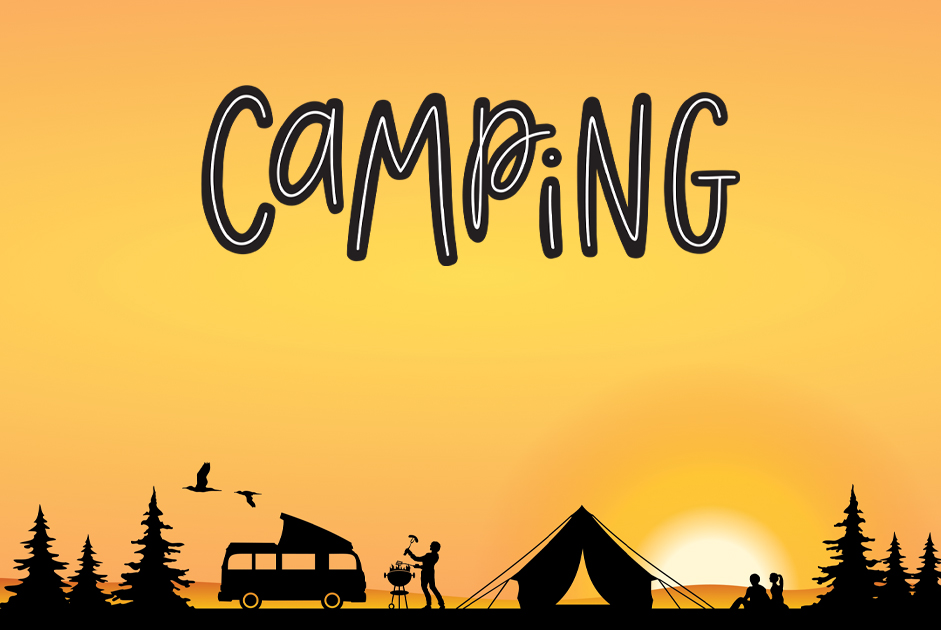Crossword puzzles have been around far longer than you may realize. The concept was invented by a journalist in Liverpool and first published in the Sunday edition of the New York World on December 21st, 1913. Within the first decade of publication, crossword puzzles were in most US newspapers. Crossword puzzles are now considered the most popular, well-known word game in the world.
Why is working a crossword puzzle beneficial to most people? Glad you asked!
Mood Enhancement: Like many other hobbies, working on a crossword puzzle can improve a person’s mood. The successful completion of a puzzle or just working toward a goal produces dopamine, which relates to happiness and a pleasant feeling. That feeling of accomplishment is unique and something that can carry a person throughout the day.
Mental Stimulation: Exercising the mind is good for anyone at any age. For the younger-aged, the mental stimulation stretches their thinking and reasoning skills. Challenging the mind with age-appropriate puzzles helps with the ability to concentrate, think through problems, and practice focus skills that will serve young people well as they mature. For older adults, keeping the mind active can help reduce memory issues and assist in keeping the brain busy. The same abilities that young people enjoy help older adults, too. Activities that require concentration and focus are excellent mental exercises that keep one alert and focused.
Stress Reducer: You might think that working a crossword puzzle might be stress-inducing; however, it’s just the opposite, according to studies. Getting lost in a puzzle takes one away from the daily stress of work or retirement (yes, there are stress factors in retirement), and allows a person to take a mental break from all that. Those mental breaks are good for you, much like getting lost in the pages of a book. It’s a refreshing, invigorating feeling, once you’re done and come back to the present. Think of it as a small mini-vacation.
Enhanced Verbal Skills: As you gain the confidence to work more difficult crossword puzzles, you will likely find that your vocabulary has improved. Studies have proven that this is the case. Learning is learning, and when it’s tied to a game, well, that’s even better. Searching for a word may require checking a dictionary or a thesaurus. Once you learn a new word, you find yourself using it in conversation.
Social Skills: Working crossword puzzles often leads to asking for help in finding the right word; hence, the social skills. Working puzzles doesn’t have to be a solitary activity; groups can work on them much as any other board game or card game.
TheNew York Times i known for its crossword puzzles. As the week progresses, the puzzles get progressively more difficult, with Saturday being the most challenging. The crossword puzzle in the NewYork Times Magazine is equally challenging and even more complex. Books of puzzles and online games are also available, but the newspaper versions may be the ones to present the most challenges. Are you brave enough to take one of these on? And, complete it using an ink pen? More power to you!

